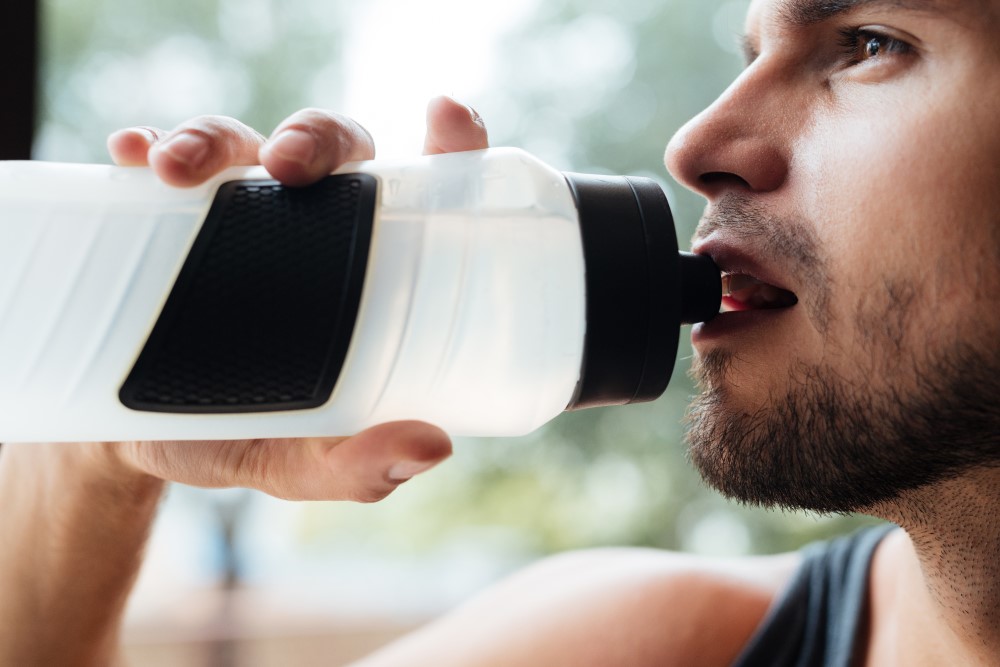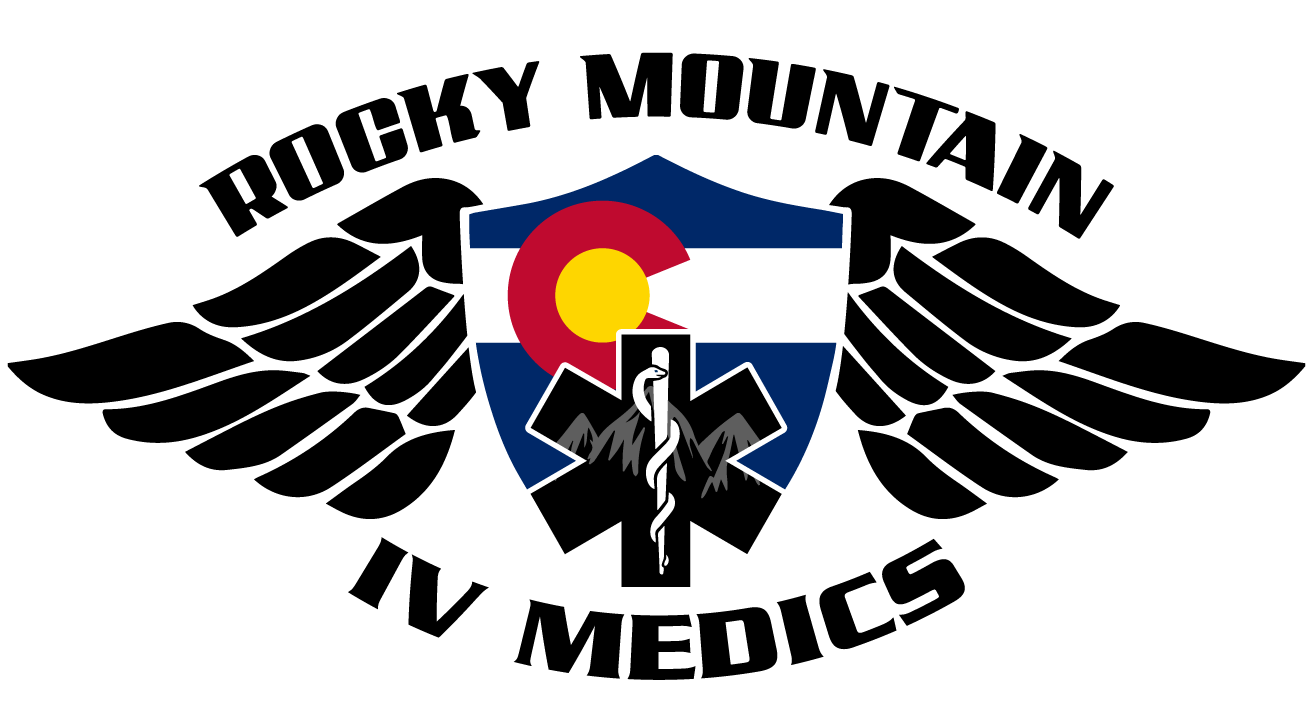How Long Do IV Fluids Stay in the Body?

Need Hangover Help? Take Zofran for a Hangover
June 26, 2023How Long Do IV Fluids Stay in the Body?

Table of Contents
- What Exactly Are IV Fluids?
- Why Hydration Matters
- Your Basal Metabolic Rate
- What Does IV Do to Your Body?
If you’ve ever received IV therapy, you may have wondered, “How long do IV fluids stay in the body?” This is a great question, and we get it a lot. If we wanted to keep things short and sweet, the answer is that most IV fluids last a few hours in the body. However, the real answer is a little more complicated. That’s because IV solutions also often include vitamins, minerals, and medications that can stay in the body for a longer period of time. It’s also important to remember that an IV treatment’s effects can outlast the IV fluids themselves.
How long do IV fluids last? Let’s dive more deeply into this question.
What Exactly Are IV Fluids?
To start, what exactly goes into an IV fluid bag? IV stands for intravenous, and the main ingredient of any IV treatment is saline fluid. Saline is made up of both water and salt. While saline serves as the primary conduit for moving vitamins, minerals, and medicine into your bloodstream, it offers plenty of benefits all on its own.
The most important thing that saline does is provide rapid rehydration. The salts or electrolytes in the solution can also help rebalance the body. Electrolytes balance your body’s pH levels, help carry nutrients to your cells, and move waste out of your cells. They also support the healthy workings of your nerves, muscles, heart, and brain.
Why Hydration Matters
So how long does IV saline stay in your body? The main factor is your hydration level. If you are dehydrated, your body will hang onto the saline for a longer time as it replenishes itself. If you are already hydrated when you receive your IV treatment, your body may begin to eliminate the saline solution over the next few hours, mostly through urination.
To get to the bottom of this question, it’s important to look at various ways people can become dehydrated. This occurs primarily through the following:
- Not drinking enough water
- Perspiration
- Illness
- Diuretics
Let’s look at each of these factors more closely.

Not Drinking Enough Water
Just because you aren’t trapped in a sizzling desert with an empty canteen doesn’t mean you aren’t dehydrated. In fact, many Americans regularly live in a state of low-grade dehydration. One study found that 17% to 28% of older adults are regularly dehydrated. Over half a million people in the United States are hospitalized due to dehydration each year. Dehydration can complicate other medical conditions or even increase the chance of death.
Common symptoms of dehydration include
- Thirst
- Dizziness
- Confusion
- Headaches
- Dark-colored urine
- Little need to urinate
Life can get busy, and you might not always have a bottle of water at hand. In these situations, it’s easy to forget to drink water and become moderately dehydrated. How much water should you drink? According to the Mayo Clinic, men should try to drink 15.5 cups of water a day, while women should strive for 11.5 cups of water.
Perspiration
Rocky State residents tend to be an active bunch, but all that hiking, climbing, biking, running, and more can lead to lots of sweating. Even just walking the dog on a hot day or spending a few hours doing yard work can result in more sweat loss than you might realize.
Research has found that the average human can lose up to three liters of sweat a day (more than 12.5 cups). During physical activity, you may lose as much as 0.5 to two liters of sweat per hour. That’s why it’s incredibly important to drink water throughout the day and to always bring water with you during activities. That includes winter sports activities. You may not realize it, but you can still sweat during skiing, snowboarding, ice skating, and other cold-weather hobbies.

Illness
Even if you drink enough water to stay hydrated each day, illness can strike any time. Vomiting and diarrhea can easily lead to dehydration and make it difficult for you to rehydrate if you can’t keep water down.
Illnesses and other conditions that can lead to dehydration include:
- The flu
- Food poisoning
- Drinking too much alcohol
- Hangovers
In these situations, IV therapy can be extremely helpful in quickly rehydrating you even when you aren’t able to keep much water in your system.
Diuretics
Certain foods, beverages, and medicines act as diuretics, which increase the amount of water your body excretes. If you’ve ever noticed that you have to pee a lot after drinking coffee or tea, it’s because one of the most common diuretics is caffeine. Many fruits and vegetables also act as natural diuretics. Certain medications can cause you to urinate more frequently.
If you drink a lot of caffeinated beverages or take diuretic medications, you’ll need to pay more attention to your hydration level and may need to drink more than the recommended amount of water per day.
Your Basal Metabolic Rate
How long does IV fluid stay in your system? The last big factor when it comes to answering that question is your basal metabolic rate. Your BMR is the amount of calories your body burns at rest. Individuals with a higher BMR (meaning they burn more calories at rest) will usually process and excrete liquids more quickly than folks with lower BMRs. Athletes, for example, tend to have higher BMRs, so IV liquids may not last as long in their bodies compared to sedentary individuals.
Other factors that affect BMR include
- Age
- Gender
- Genetic factors
- Certain medications
What Does IV Do to Your Body?
This article is designed to answer the question, “How long do IV fluids stay in the body?” However, the truth is that what really matters is how an IV makes you feel. IV therapy can help you rehydrate. Saline works by helping your body transport nutrients throughout your body, removing waste from your body, and supporting healthy cell function and metabolism. Even after IV fluids leave your body, the benefits of the therapy itself can continue for much longer.
As we mentioned at the beginning of this article, saline solution also helps your body better absorb the vitamins, minerals, and medications in your IV solution. These ingredients may also stay in your body for a long time, from several hours to several days.
Are you interested in learning more about our IV treatments? Take a look at our pricing packages and meet our team.


